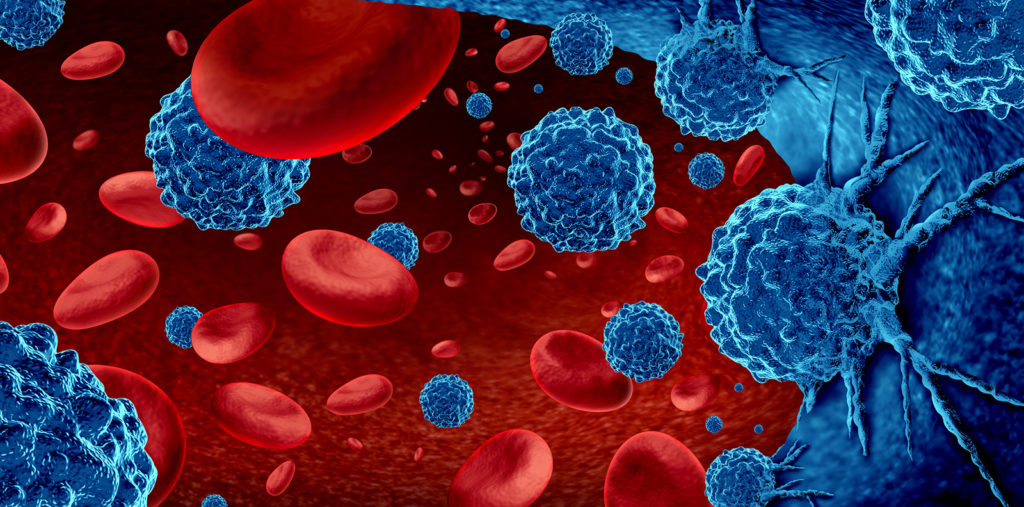
Diagnosed with SMM, SPB, or MGUS?
Learn how you can stall the development of full-blown Multiple Myeloma with evidence-based nutritional and supplementation therapies.
Click the orange button to the right to learn more.
- You are here:
- Home »
- Blog »
- Pre-Myeloma »
- Monoclonal Gammopathies- Abnormal Proteins in the Blood
Monoclonal Gammopathies- Abnormal Proteins in the Blood

Monoclonal Gammopathies or monoclonal proteins IN the blood may or may not be MGUS
Hi David- Can I message you directly regarding my situation? I am sick and not getting any good answers. My hematologist has not diagnosed me with MGUS. I think she may be missing it. I have seen a hematologist at OSU and she was very dismissive.
I have the following symptoms:
- neuropathy,
- bad back pain (no injury),
- foot/ankle swelling and pain,
- leg pain,
- rib pain,
- GI issues,
- severe constipation,
- kidney function decline,
- chills,
- fatigue.
I have had monoclonal protein show up twice in my blood and BMB 3 years ago showing 4.5 % plasma cells (don’t know what it is now). Because the hematologist did the blood work again and it didn’t show up now, she said it’s resolved and there is no problem.
This doesn’t make sense to me. It resolved before but then showed up again. She is not understanding my kidney decline because she is not looking at my previous #’s. GFR has gone from 108 down to 60, serum creatinine from .6 up to .9. Pain in my kidneys all the time, foam in my urine and cloudiness off and on.
Seems to me they don’t acknowledge kidney decline, just kidney failure. She has given me a lot of information that doesn’t check out with multiple credible sources I’ve checked.
My hematologist told me myeloma patients always have hypercalcemia. My research tells me that only 20 % of newly diagnosed patients have hypercalcemia.
She said my M spikes would be #’s in the 100’s and stay there if I had MGUS, I don’t find any info stating this.
When I asked about the 4.5 % plasma cells, she said I have to look at the kind of plasma cells. I don’t find any info referring to the type of plasma cells, only the percentage.
In addition to all of this, my mother died of Multiple Myeloma. She hasn’t even made a follow up appt to monitor this. I don’t know how to find a Dr to take this seriously? Frustrated
Dear Frustrated-
- to see a myeloma specialist,
- see a nephrologist (kidney doctor). While a hematologist or even a hem/onc. is knowledgeable, he/she probably has little, if any experience with mgus or the finding of monoclonal proteins IN the blood.
David Emerson
- MM Survivor
- MM Cancer Coach
- Director PeopleBeatingCancer
Monoclonal Gammopathies
“What are monoclonal gammopathies?
Monoclonal gammopathies are conditions in which abnormal proteins are found in the blood. These proteins grow from a small number of plasma cells in the bone marrow. Plasma cells are a type of white blood cell. Their main job is to fight off infection.
The most common condition linked with these abnormal proteins is monoclonal gammopathy of undetermined significance (MGUS). It is not cancer…
What are the symptoms of monoclonal gammopathies?
MGUS causes no symptoms. In fact, monoclonal protein in the blood is often found by accident when doing other routine blood work.
Most people who have abnormal proteins in their blood will never get worse. But in some cases, these illnesses can develop:
- Multiple myeloma
- Non-Hodgkin lymphoma
- Plasma cell leukemia
- Primary amyloidosis
- Solitary plasmacytoma
- Waldenstrom’s macroglobulinemia
Symptoms of monoclonal gammopathies vary among these conditions, but can include:
- Anemia or low red blood cells counts
- Lack of energy (fatigue) or tiredness
- Weakness
- Pain in the bones or soft tissues
- Tingling or numbness in the feet or hands
- Infection that keeps coming back
- Increased bruising
- Bleeding
- Weight loss
- Headache
- Vision problems
- Swelling
- Mental changes
How are monoclonal gammopathies treated?
Because MGUS is not harmful, it doesn’t need to be treated. A diagnosis of MGUS without any other symptoms usually does not call for more testing. But because MGUS may lead to a more serious condition, you’ll need checkups throughout your life. This usually includes regular physical exams and blood work. This will help find problems as early as possible…
Key points
- Monoclonal gammopathies are conditions in which abnormal proteins are found in the blood.
- The most common condition linked with these abnormal proteins is MGUS.
- MGUS causes no symptoms. Diagnosis is often done with a lab test called electrophoresis.
- Because MGUS is not harmful, it doesn’t need to be treated.
- MGUS may lead to a more serious condition so checkups are needed throughout your life to find problems as early as possible…



